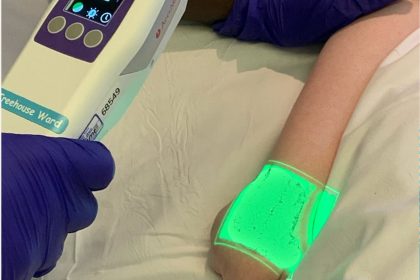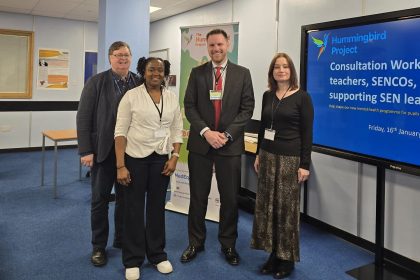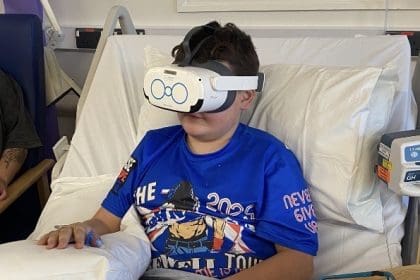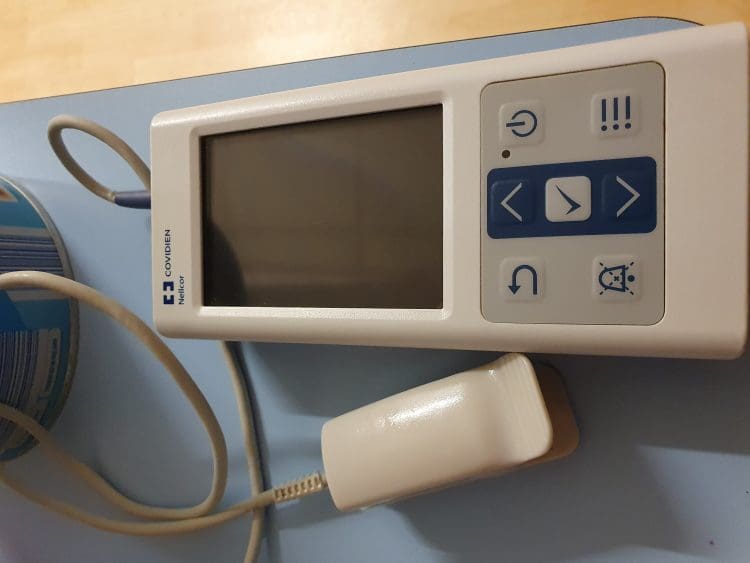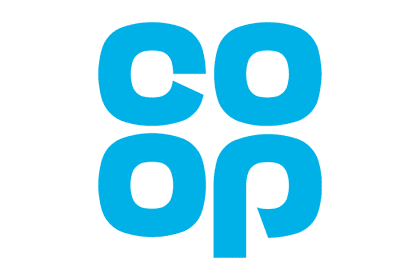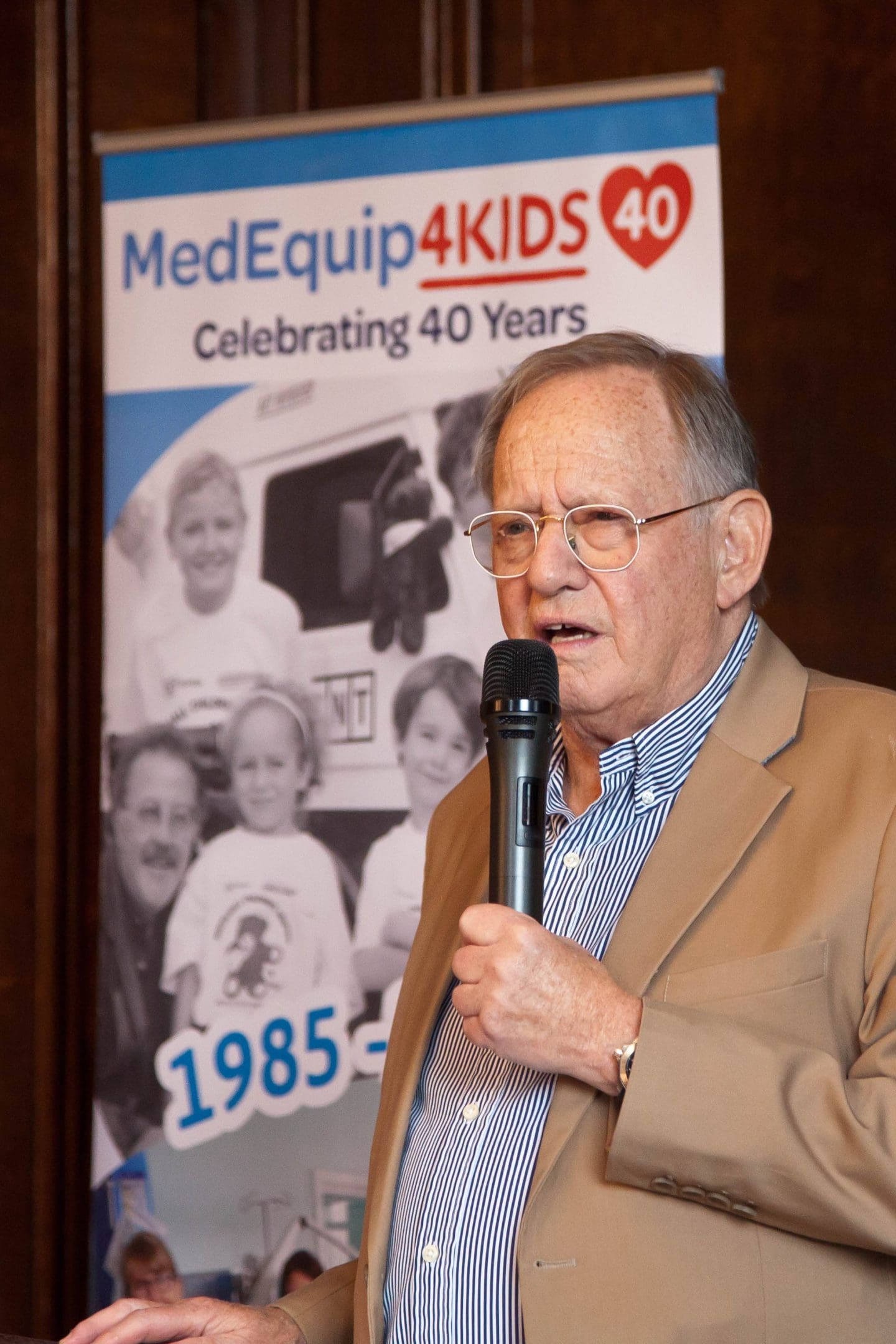
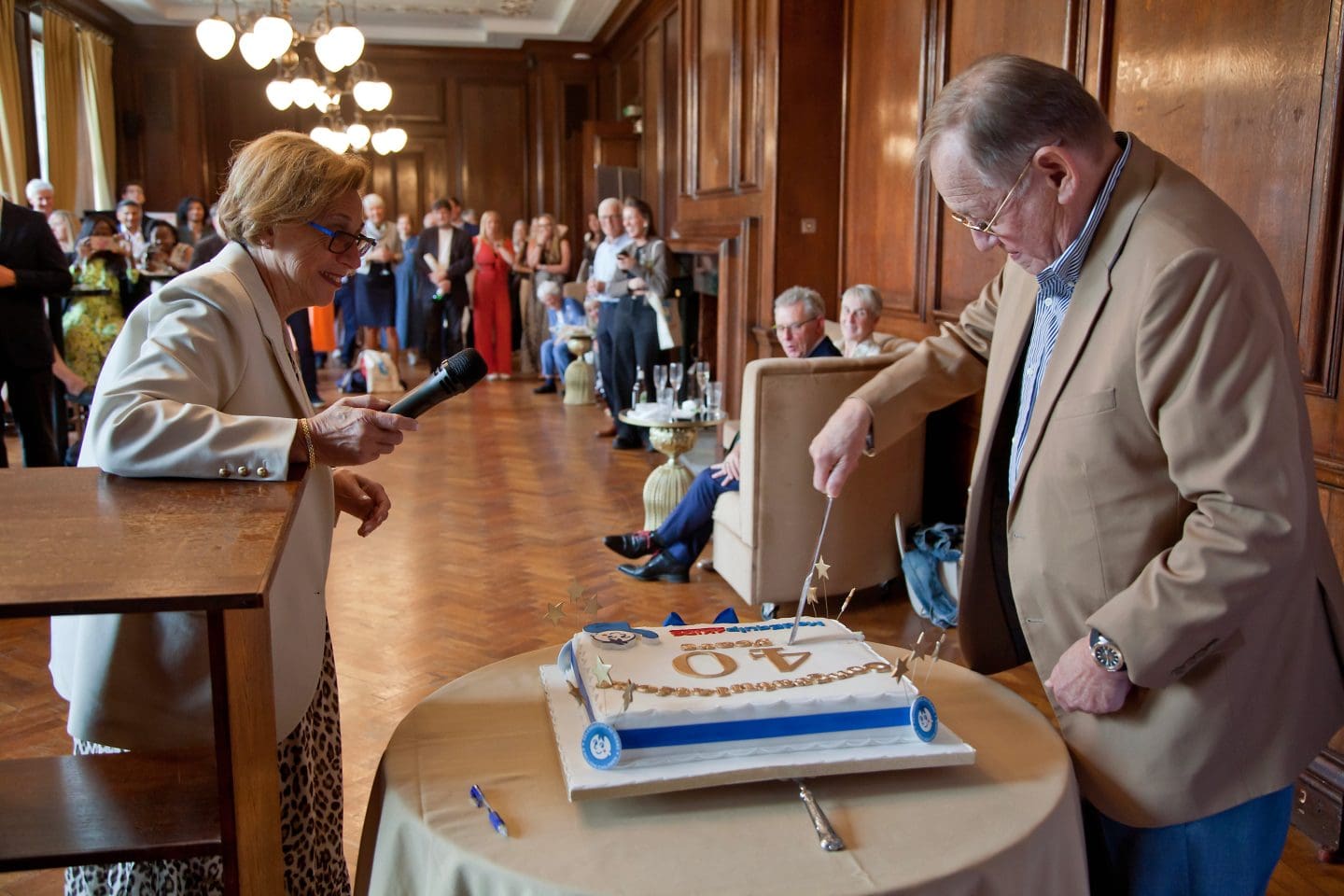
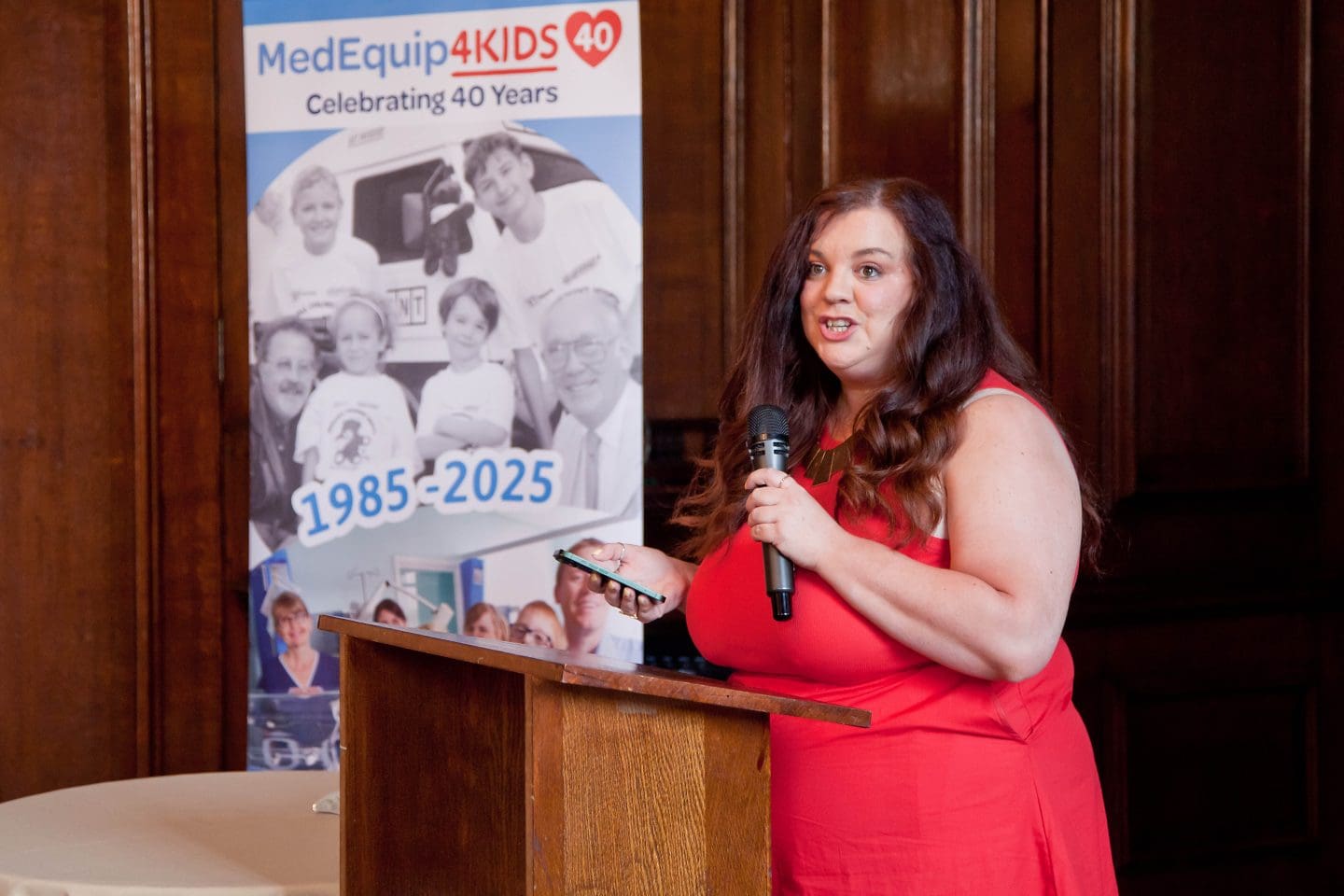
On the evening of June 26th, MedEquip4KIDS gathered with its friends to commemorate its 40th anniversary.
Our story began with humble beginnings back in 1985. Jonathan and Shulamit Pfeffer began fundraising for Booth Hall Children’s Hospital in Manchester after the great doctors and nurses saved their newborn from meningitis. From this act, the charity was born as the Children’s Hospitals Appeals Trust and raised over £1,000,000 to build a new Intensive Care Unit.
Throughout the 1990s and 2000s, the charity provided essential medical equipment to hospitals and emergency services, such as supplying vital equipment to 120 ambulances and funding a £250,000 Children’s Unit at North Manchester General Hospital.
In 2004, the charity rebranded as MedEquip4KIDS and expanded its support to hospitals across the northwest. Since then, MedEquip4KIDS has provided vital support to the NHS’ Children’s Mental Health Services (CAMHS) and ran its very own schools mental health intervention programme developed in conjunction with The University of Greater Manchester and the University of Chester, The Hummingbird Project.
The evening of June 26th, 2025 was a celebration of all those who followed and supported MedEquip4KIDS’ success in improving the health of over 8 million children and young people across 40-years.
We’d like to give special thanks to VINCI Building ltd., Slattery Patissier and Chocolatiers, Tilbury Douglas Ltd., Bowker Engineering Ltd., and Elizabeth Stones for their astounding support.
Here’s to another 40-years!

